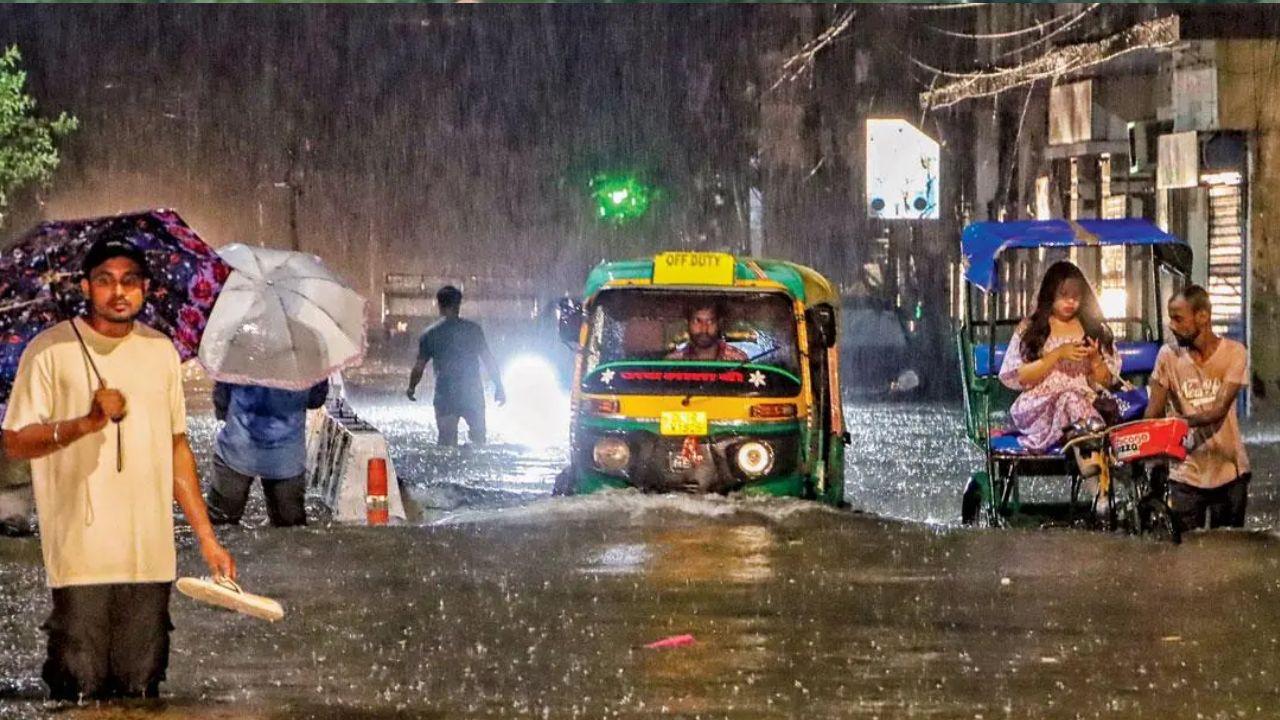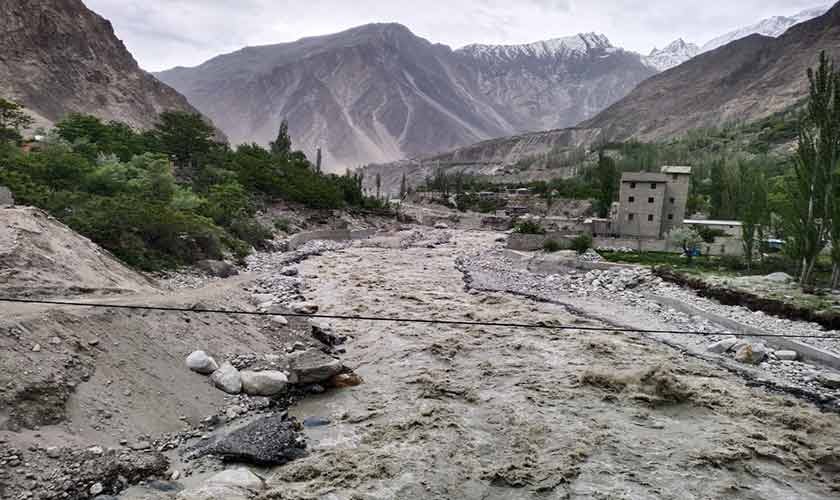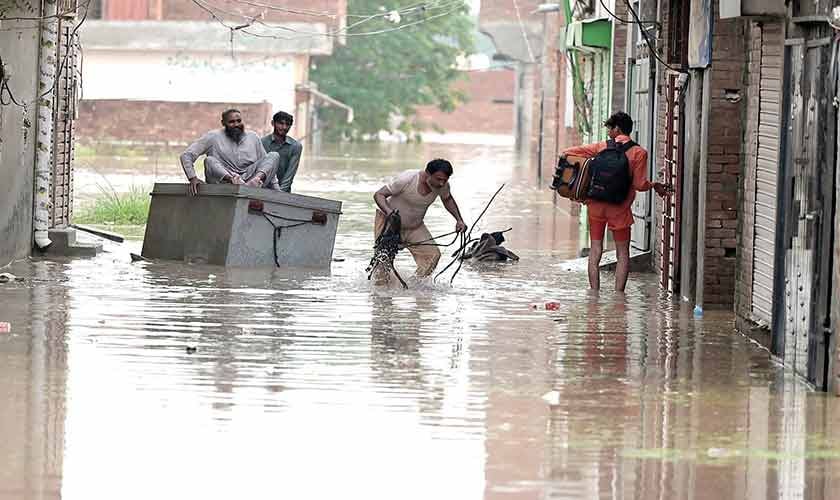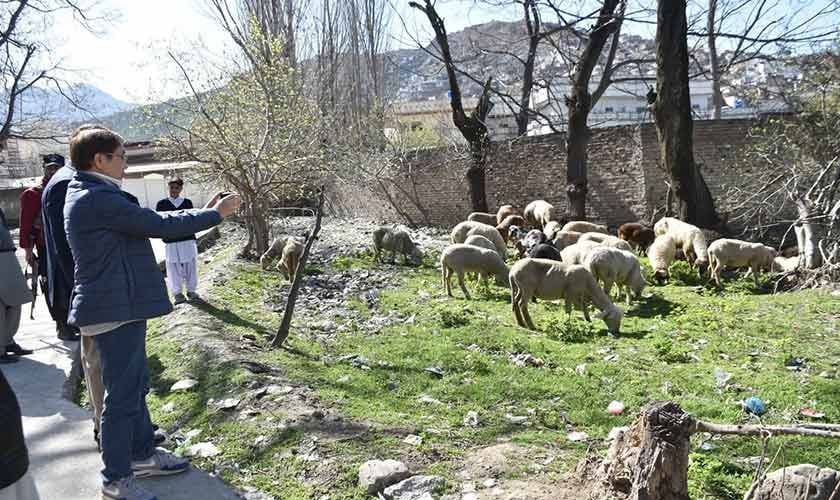According to Dawn, participants highlighted that hill torrents from the Kirthar range often cause swelling in the Lyari and Malir rivers. This makes it critical to remove blockages and encroachments to ensure smooth water flow.
Urban planner Muhammad Toheed emphasized that climate change is now an undeniable reality. He noted that while other countries have upgraded their drainage and infrastructure, Karachi remains far behind. “Environmental and climate-related issues are nowhere on our list of priorities,” he said. “Despite Pakistan being among the most vulnerable countries to climate change, the issue is still not treated with the urgency it deserves.”
Toheed also criticised the lack of proper planning and coordination among civic bodies. He pointed out that contractors often build roads without engineering oversight, which leads to poorly designed surfaces causing water accumulation and the formation of low-lying, flood-prone areas.
Adding to the concerns, Toheed condemned the Karachi Water and Sewerage Corporation for discharging sewage into stormwater drains. “This is a disaster. Now we can’t even tell the difference between a sewerage line and a storm water drain,” he said. “The city’s sewerage system has collapsed, with sewage stagnating in several areas even in the absence of rainfall.”
Agriculturist Azeem Dehqan reminded residents of Karachi’s history, explaining that Malir and its surrounding areas were once fertile lands producing crops, fruits, and vegetables. However, this agricultural productivity has collapsed due to poor urban planning and unchecked housing developments.
Similarly, author Ramzan Baloch recalled that Malir was once known for clean drinking water and high-quality crops. “Over the years, the area has suffered severe degradation of its natural resources,” he said, lamenting the lack of public interest in environmental issues.
Social activist Bashir Baloch underlined that large volumes of rainwater from the Kirthar range flow into the Lyari and Malir rivers, stressing the need to clear obstructions to prevent future disasters. Referring to a past incident, he said, “The British had once constructed a railway bridge over the Malir River, which was later washed away by heavy rains due to the large volume of water flowing through the river. Something similar had happened during the current rains.”
Baloch also criticised the Karachi mayor, stating he “lacked a proper understanding of the city’s geography and its natural water channels, as evident from his recent media briefings.”
Climate activist Yasir Darya warned that climate change has made weather patterns increasingly unpredictable. “Even weather experts are now struggling to accurately forecast conditions beyond a few days. In such a situation, better urban planning is urgently needed in Karachi to prepare for and adapt to these changes,” he said.
A resolution passed during the session demanded the restoration of Karachi’s natural waterways and sewerage system, the protection of agricultural land, sewage treatment for farming use, and safeguards for villages within city limits. Lawyers Abeera Ashfaque, Kazim Mahesar, and others also addressed the gathering, Dawn reported.
*This story has been sourced from a third-party syndicated feed. Mid-day accepts no responsibility or liability for the dependability, trustworthiness, reliability, or accuracy of the content. Mid-day management reserves the sole right to alter, delete, or remove (without notice) the content at its absolute discretion for any reason whatsoever.*
https://www.mid-day.com/news/world-news/article/climate-experts-warn-neglect-of-waterways-may-worsen-flood-situation-in-karachi-23594967




